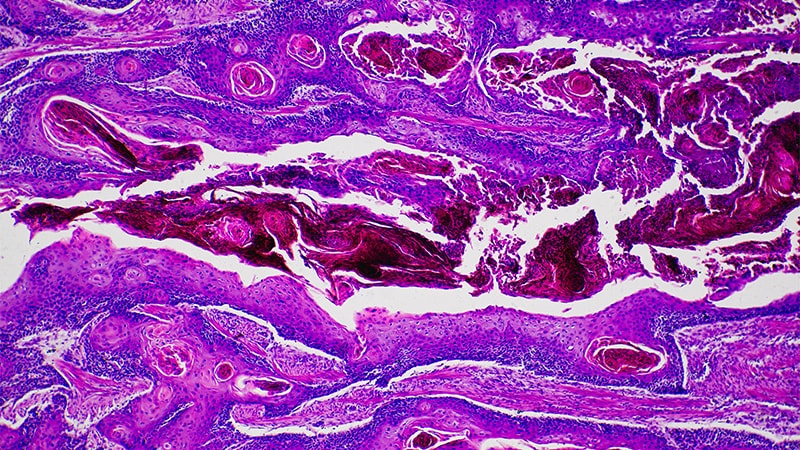Takeaway
- HCV-infected and noninfected kidneys yield similar renal function at 1 year.
- Recipient HCV status does not affect graft function in the direct-acting antiviral (DAA) era.
Why this matters
- Although the authors support updating the kidney donor profile index (KDPI) based on allograft function, John Gill, MD, describes the idea as "premature" in an accompanying editorial.
Study design
- Organ Procurement and Transplantation Network kidney transplant data from April 2015 through March 2019.
- 103 HCV-negative recipients of HCV+ kidneys were highly matched 1:2 with other populations.
- Funding: Health Resources and Services Administration.
Key results
- Over 4 years, 1862 HCV+ kidneys were transplanted, 1199 discarded, and 892 not recovered.
- Number of wait-listed patients willing to accept a viremic kidney rose from 2936 to 16,809.
- In January-March 2019, 269 HCV+ kidneys were transplanted; only 105 were discarded.
- More recipients were HCV-negative vs positive (200 vs 69).
- In HCV-negative recipients, HCV+ and -negative kidneys yielded similar 1-year estimated glomerular filtration rate (eGFR, in mL/minute/1.73 m2: 66.8 vs 66.5; P=.80), despite much lower KDPI scores.
- Median time to transplant was shorter with viremic grafts (239 vs 619 days).
- HCV+ kidneys also yielded similar 1-year eGFR in HCV-negative vs HCV+ recipients (65.4 vs 71.1; P=.05).
Limitations
- HCV genotype, DAA regimens/outcomes were not captured.
References
References

